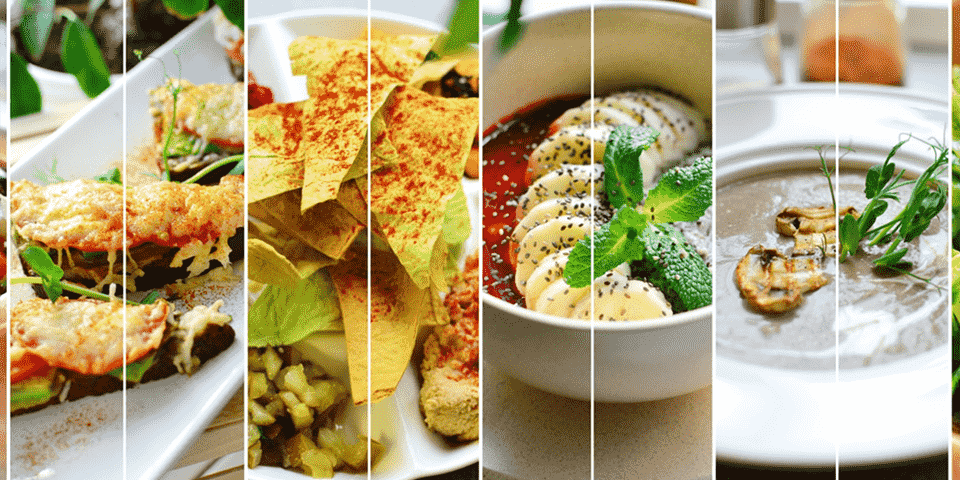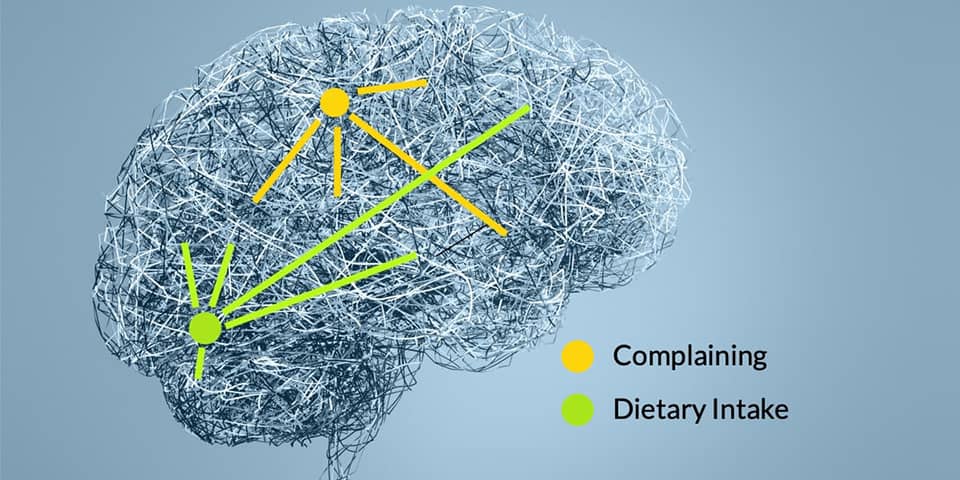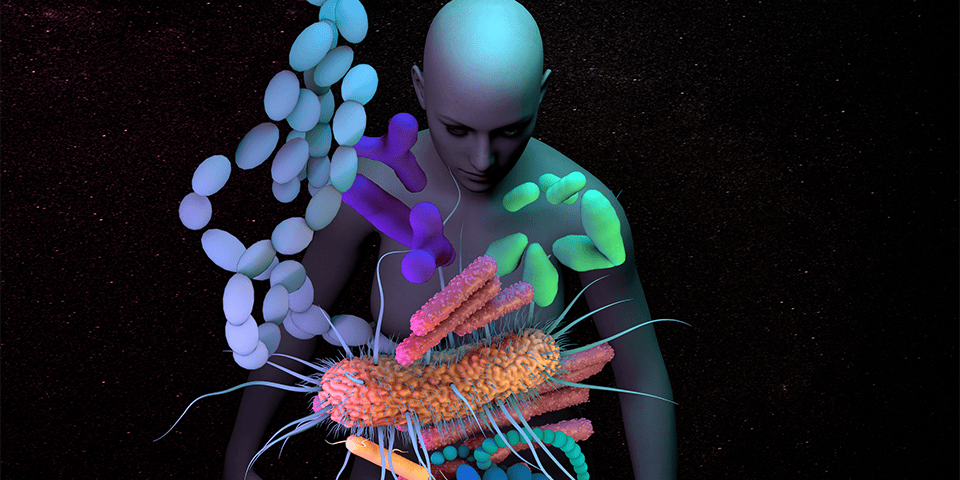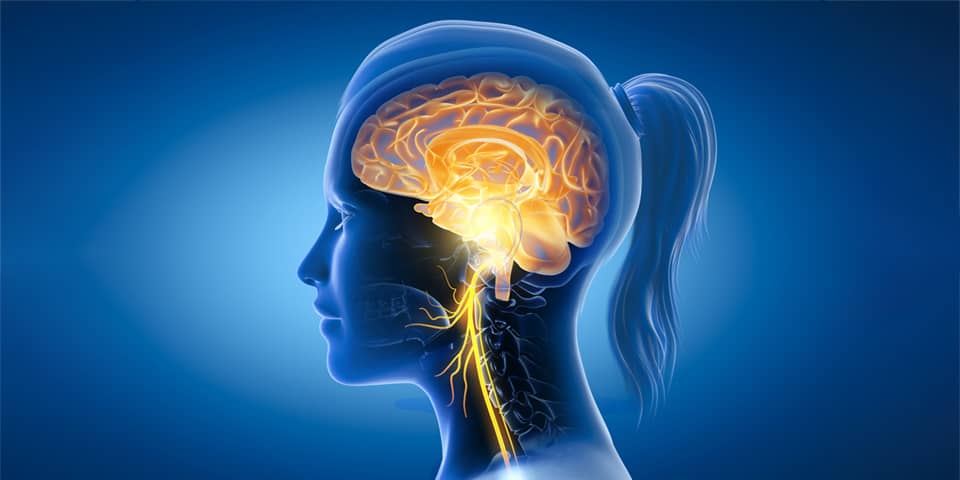Exploring Dietary Intake Behaviors Related To The Covid-19 Lockdown
In 2019, the Coronavirus disease (COVID-19) evolved into a worldwide pandemic requiring us to quarantine and isolate ourselves to protect ourselves from catching and spreading the virus. As the world went into isolation for extended periods, many secondary aspects of...
What is Diet Diversity (DD) and How is it Related to Depression?
Adding various foods to our diet can significantly improve our dietary intake quality, aiding in the prevention of health issues ranging from chronic diseases to behavioral health conditions. The United States Department of Agriculture (USDA) guidelines and the Food Guide...
Neuroplasticity, Behavior, and Dietary Intake — Rewiring the Brain for Better or Worse
What we think, do, say, and eat has the ability to change our brain processes and structures — a process called neuroadaptation (see Diet and Brain and Diet and Cognition in the CNP Research Libraries). These adaptations can influence the long-term rewiring...
Exploring the Association of Loneliness and Wisdom with Gut Microbial Diversity and Composition
Previous studies have shown that lonely people tend to show less wisdom, and that loneliness and wisdom have opposite effects on well-being. Research has also shown that loneliness is associated with changes in the cardiovascular, neuroendocrine, and immune functions, including...
Interoceptive Awareness and the Vagus Nerve: Important Elements in the Diet-Mental Health Relationship
Referred to as our “eighth sense,” Interoception is our perception of the internal physiological state of our bodies. It involves the receiving, encoding, and representation of internal bodily signals in the brain and nervous system, as well as our perception...












